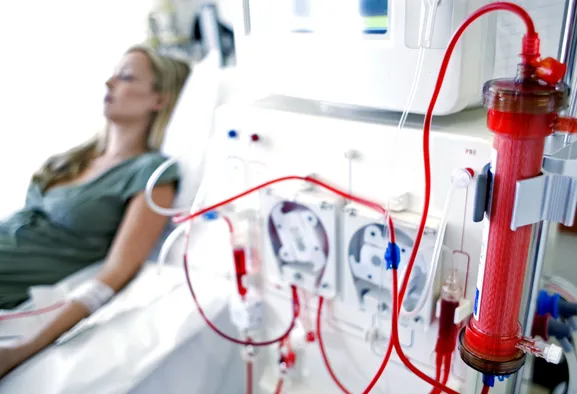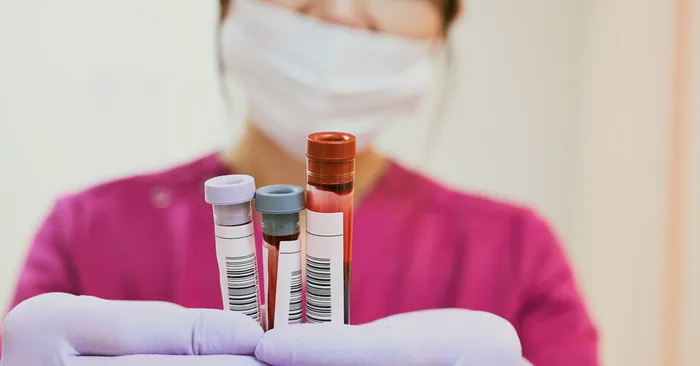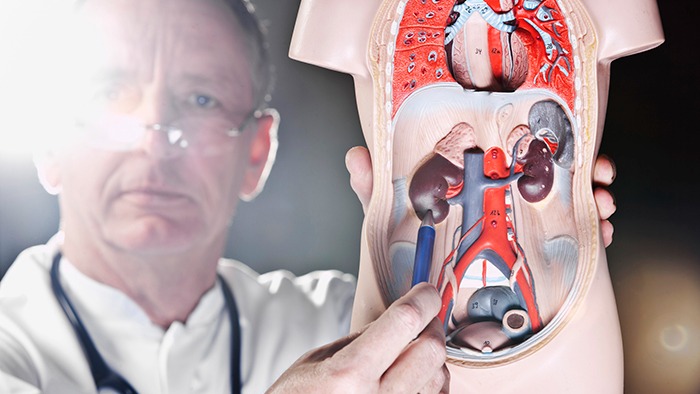Welcome to another edition of MedChunk’s Health Bulletin where we strive to make health topics easy to understand. In today’s edition, we will see when a kidney patient needs dialysis.
Creatinine is a waste product that comes from normal wear and tears on the muscles of the body. Your kidneys take creatinine out of your blood and pass it out of your body in urine. Dialysis is a treatment that does some of the things done by healthy kidneys.

Dialysis is a procedure to remove waste products and excess fluid from the blood when the kidneys stop working properly. When your kidneys fail, dialysis keeps your body in balance by removing waste, salt, and extra water to prevent them from building up in the body.
Symptoms of High Creatinine Levels:
Symptoms of high creatinine levels are typically those associated with kidney dysfunction. In many cases, there may be no symptoms that accompany high creatinine levels or kidney disease. Some of the symptoms of high creatinine levels are:
- Nausea
- Vomiting
- Changes in how often you urinate
- Shortness of breath
- Loss of appetite
- Nerve pain
- Itching
- Muscle cramps
- Swelling in the feet and ankles
- Confusion
Other Blood tests to check kidney function
- Glomerular filtration rate (GFR)
A glomerular filtration rate (GFR) is a blood test that checks how well your kidneys are working. This test is a measure of how well the kidneys are removing wastes and excess fluid from the blood.
It is calculated from the serum creatinine level using age and gender. Normal GFR can vary according to age (as you get older it can decrease). The normal value for GFR is 90 or above.
- BUN
A common blood test, the blood urea nitrogen test reveals important information about how well your kidneys are working. A BUN test measures the amount of urea nitrogen that’s in your blood. Urea nitrogen comes from the breakdown of protein in the foods you eat. A normal BUN level is between 7 and 20. As kidney function decreases, the BUN level rises.

When To Start Dialysis
Dialysis is the process of removing excess water, solutes, and toxins from the blood in people whose kidneys can no longer perform these functions naturally.
There is no creatinine level that dictates the need for dialysis. The decision to start dialysis is a decision made between a nephrologist and you. The decision is based on the level of kidney function and the symptoms that the patient is experiencing. If the symptoms are bad enough for the patient to tolerate the ordeal of dialysis, then dialysis is started.
What is needed to prepare for dialysis?

Dialysis works on the principles of the diffusion of solutes and ultrafiltration of fluid across a semi-permeable membrane. Diffusion is a property of substances in water; substances in water tend to move from an area of high concentration to an area of low concentration. Dialysis is a treatment that you have for the rest of your life and it becomes a part of your everyday routine.
For peritoneal dialysis, a catheter needs to be inserted into the abdominal cavity and attached to the abdominal wall. After a recovery period of two to four weeks, peritoneal dialysis can be started. For hemodialysis, an arteriovenous fistula (shunt) needs to be created using surgery.

